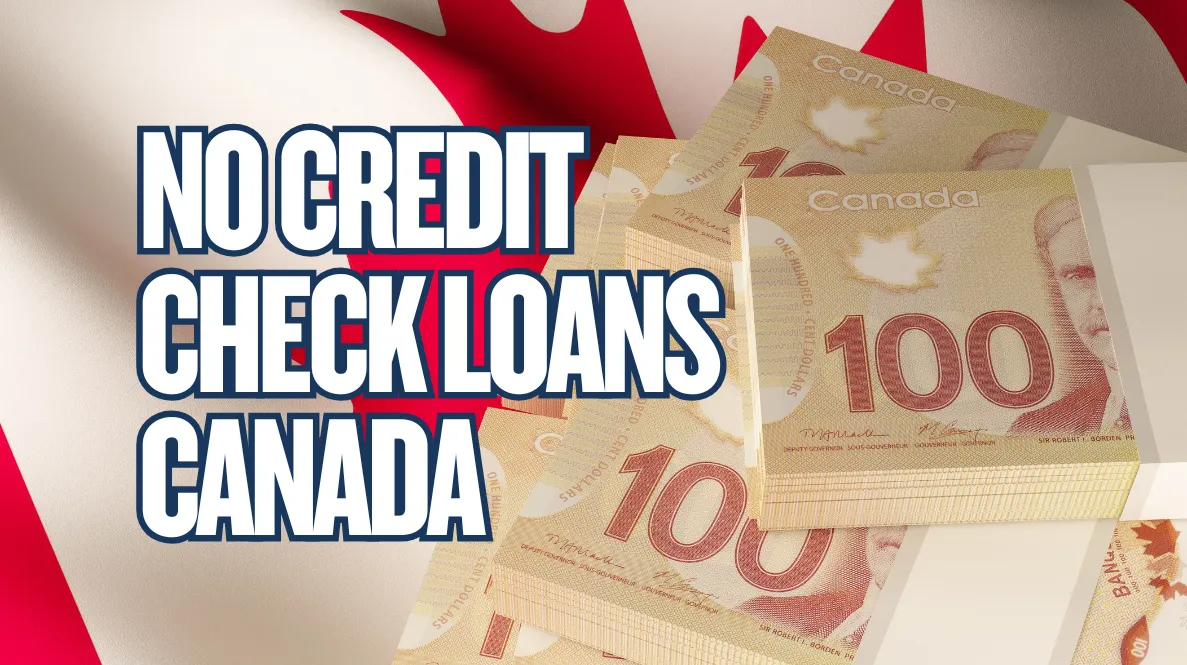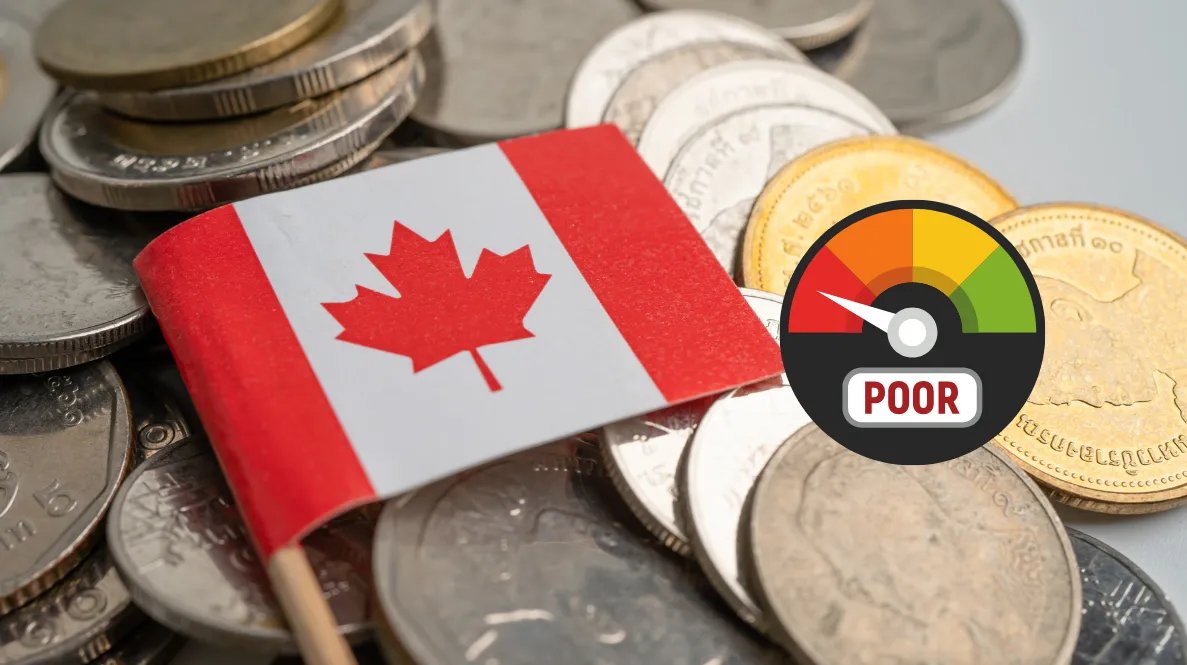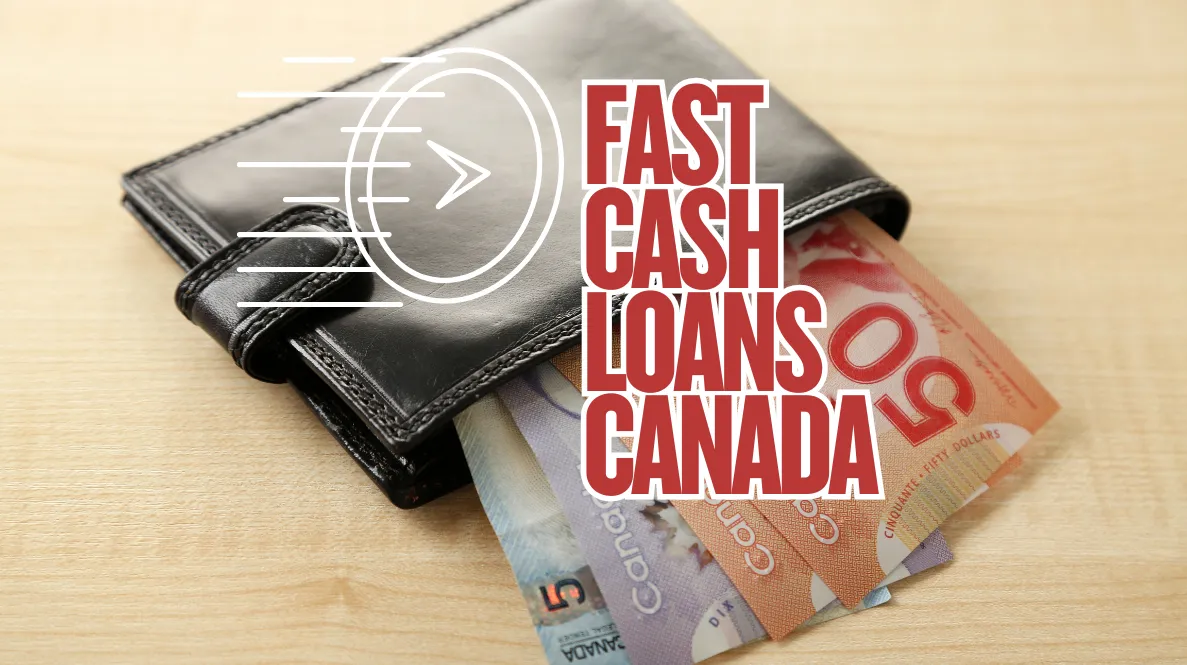💡 Struggling with multiple debts? Learn how debt consolidation in Canada can simplify your finances!
In the landscape of personal finance, managing multiple debts can be a daunting challenge for many Canadians. ✅ Balancing various interest rates, payment schedules, and lenders can not only be stressful but can also lead to financial strain.
Debt Consolidation Loans in Canada
This is where debt consolidation loans come into play as a strategic solution. Aimed at simplifying personal finance, debt consolidation loans consolidate multiple debts into a single loan with a potentially lower interest rate and a unified payment plan.
This approach not only streamlines the repayment process but can also offer financial relief and a clearer path to debt freedom. Debt consolidation is particularly relevant in Canada, where individuals often juggle multiple forms of debt, from credit cards to personal loans and lines of credit. The rising cost of living, coupled with the ease of access to credit, has led many Canadians to explore debt consolidation as a viable option to regain control of their financial health.
By merging several debts into one, borrowers can potentially reduce their monthly payments, lock in a lower interest rate, and simplify their financial management. This introductory exploration aims to shed light on the mechanics of debt consolidation loans in Canada, the benefits and pitfalls, and how to navigate the process of securing one. Whether you’re grappling with high-interest debts or looking for a way to manage your payments more effectively, understanding debt consolidation loans is the first step towards making informed financial decisions.
Types of Debt Consolidation Loans in Canada
In Canada, debt consolidation loans come in various forms, each designed to cater to different financial situations and borrower needs. Understanding the nuances of these loans is crucial for anyone considering consolidation as a strategy for managing debt.
Here’s a closer look at the primary types of debt consolidation loans available in Canada:
Secured Debt Consolidation Loans
- Definition: Secured loans require the borrower to provide collateral, such as home equity or another valuable asset, which the lender can claim if the loan is not repaid.
- Benefits: Typically, secured loans offer lower interest rates compared to unsecured loans because the lender has the added security of collateral. This can make secured loans more attractive for those with high-interest debts.
- Risks: The major downside is the risk of losing the collateral asset if you’re unable to meet the loan repayments.
Unsecured Debt Consolidation Loans
- Definition: These loans do not require any collateral from the borrower. Approval is based on creditworthiness and other factors, such as income and debt-to-income ratio.
- Benefits: The primary advantage is that borrowers do not risk losing a personal asset if they default on the loan.
- Risks: Unsecured loans usually come with higher interest rates compared to secured loans due to the increased risk for the lender. They also typically require a good to excellent credit score for approval.
Specific Products Offered by Canadian Financial Institutions
- Personal Loans for Debt Consolidation: Many banks and credit unions in Canada offer personal loans specifically designed for debt consolidation. These can be either secured or unsecured, depending on the institution and the borrower’s qualifications.
- Home Equity Loans and Lines of Credit (HELOC): For homeowners, leveraging home equity can be a powerful way to consolidate debt. These are secured loans that typically offer lower interest rates, given the security of real estate.
- Balance Transfer Credit Cards: Though not a loan in the traditional sense, balance transfer credit cards offer a promotional interest rate (often 0%) for a set period, allowing borrowers to consolidate and pay off credit card debt more affordably.
Each type of debt consolidation loan has its own set of features, benefits, and considerations.
For Canadians exploring debt consolidation, it’s important to assess personal financial situations, understand the different loan types available, and consider which option offers the best path toward managing and reducing debt.
Detailing the Application Process for Debt Consolidation Loans in Canada
Securing a debt consolidation loan in Canada involves a series of steps designed to evaluate your financial situation and match you with the right loan product. Here’s a step-by-step guide to navigating the application process:
Step 1: Assess Your Financial Situation
- Debt and Income Analysis: Begin by listing all your current debts, including amounts, interest rates, and monthly payments, alongside your income sources. This will help determine how much you need to borrow and your ability to repay the loan.
Step 2: Check Your Credit Score
- Importance of Credit: Your credit score is a critical factor in determining your eligibility for a debt consolidation loan, especially for unsecured loans. Obtain your credit report from major Canadian credit bureaus (Equifax and TransUnion) to know where you stand.
Step 3: Research Loan Options
- Comparing Offers: Investigate various debt consolidation products offered by banks, credit unions, and online lenders in Canada. Look for the best interest rates, terms, and fees that fit your financial scenario.
Step 4: Choose the Right Type of Loan
- Secured vs. Unsecured: Decide whether a secured or unsecured loan suits your situation based on the analysis of your financial situation and the research conducted. Consider the risks and benefits of each option.
Step 5: Prepare Necessary Documentation
- Required Documents: Gather all necessary documents, which may include proof of income (e.g., pay stubs), statements of existing debts, identification, and proof of address. The specific requirements can vary by lender.
Step 6: Submit Your Application
- Application Process: Apply for the debt consolidation loan through the chosen lender’s website, by phone, or in person. Ensure that all information provided is accurate and complete to avoid delays.
Step 7: Review Loan Offer and Terms
- Loan Approval: Once your application is approved, carefully review the loan offer, paying close attention to the interest rate, repayment term, monthly payment amount, and any fees associated with the loan.
Step 8: Finalize the Loan
- Acceptance: If the terms are agreeable, accept the loan offer. The lender will then proceed with the consolidation of your debts under the new loan.
Step 9: Begin Repayment
- Repayment Schedule: Adhere to the new repayment plan, making regular payments on time. Some lenders offer flexible payment options or the ability to make extra payments without penalty, which can help pay off the loan more quickly.
Navigating the application process for a debt consolidation loan in Canada requires careful planning and consideration.
By thoroughly evaluating your financial situation, researching available options, and understanding the terms of the loan, you can make an informed decision that aligns with your financial goals and moves you closer to debt freedom.
FAQs about Debt Consolidation in Canada
What is Debt Consolidation in Canada?
Debt consolidation in Canada is a financial strategy that combines multiple debts, such as credit card balances, personal loans, or other unsecured debts, into a single loan. This allows you to make one monthly payment, often at a lower interest rate, simplifying your finances and making it easier to manage your debt.
How Does Debt Consolidation Work in Canada?
When you opt for a debt consolidation loan in Canada, your existing debts are paid off by the new loan provider. In return, you’ll repay the debt consolidation loan in monthly installments, usually at a lower interest rate. This process can help reduce your overall debt burden, making it easier to stay on top of your finances.
What Are the Benefits of Debt Consolidation in Canada?
The primary benefit of debt consolidation in Canada is simplifying multiple debts into one manageable payment. Other advantages include lower interest rates, reduced stress, and improved credit scores if payments are made on time. By consolidating, you may also avoid late fees and penalties associated with juggling multiple debts.
Is Debt Consolidation Bad for Your Credit in Canada?
In most cases, debt consolidation can positively impact your credit score in Canada if you make timely payments on your new loan. However, applying for a new loan may temporarily lower your score due to the credit inquiry. Over time, though, consistent payments can improve your credit profile.
What Types of Debt Can Be Consolidated in Canada?
In Canada, you can consolidate most types of unsecured debt, including credit card debt, personal loans, medical bills, and payday loans. Secured debts, such as mortgages or car loans, typically cannot be consolidated through a debt consolidation loan.



